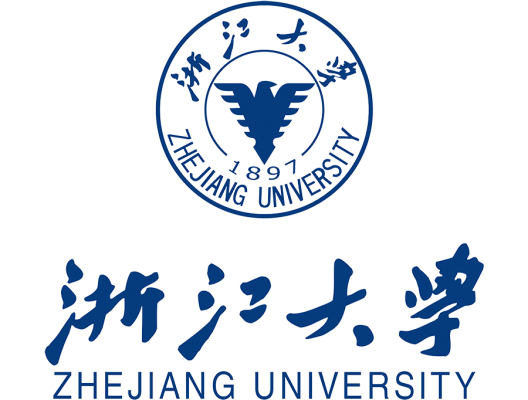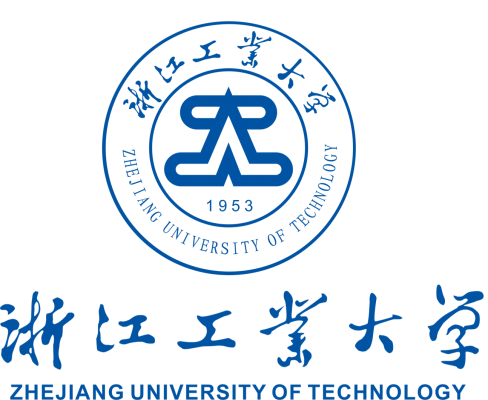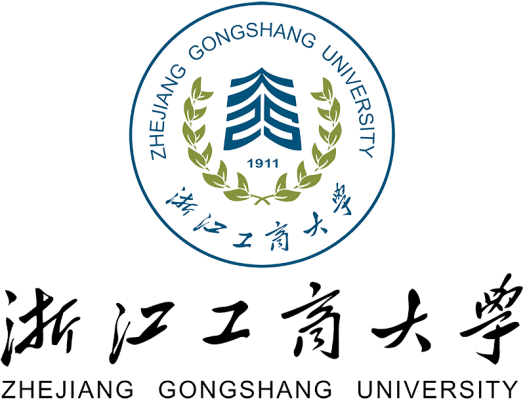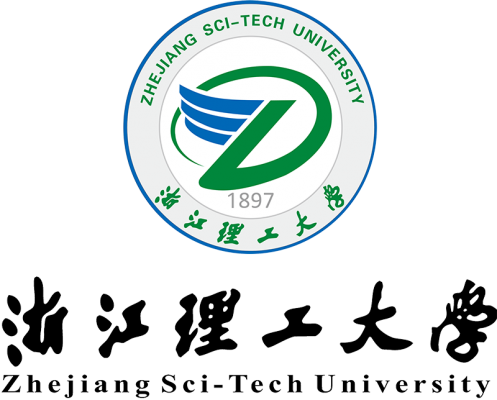IEEE ICCC 2024 Workshop on
Enhancing Robotic Capabilities through Cloud and Fog Computing Paradigms
Hangzhou, China|7-9 August 2024
ORGANIZING COMMITTEE
Chengcheng Zhao, Zhejiang University, China, chengchengzhao@zju.edu.cn
Jianping He, Shanghai Jiao Tong University, China, jphe@sjtu.edu.cn
Zhi Yan, Hunan University, China, yanzhi@hnu.edu.cn
Chi Xu, Shenyang Institute of Automation, Chinese Academy of Sciences, China xuchi@sia.cn
Wenchao Xu, The Hong Kong Polytechnic University, China, wenchao.xu@polyu.edu.hk
Hongwen Xing, COMAC Shanghai Aircraft Manufacturing Company, Ltd, China xinghongwen@comac.cc
Zhibo Pang, Royal Institute of Technology, Sweden, zhibo@kth.se
Peng Cheng, Zhejiang University, China, lunarheart@zju.edu.cn
SCOPE AND MOTIVATION
Cloud computing enables users to leverage powerful servers for complex tasks without the need for new hardware. Meanwhile, fog computing serves as a facilitator, enhancing computing power and response times by positioning itself between devices and the primary cloud servers. The inclusion of any device with surplus resources as a fog node further accelerates processes compared to traditional cloud computing. Cloud and fog computing boost robots by tapping into the processing power of large servers. This means robots can handle more complex tasks without being limited by expensive or complex hardware. These robotics systems offload most data processing to off-site servers and only handle critical tasks locally. This makes robots more adaptable, scalable, and reliable, while reducing costs. These approaches make robots flexible, allowing them to adjust to different situations on the fly. Fog computing assisted robotics, in particular, supports scalability and flexibility by connecting numerous devices, enabling easy scaling up of robotic systems in terms of size or computational power. Fog computing also helps robots with limited hardware by allowing them to borrow resources from nearby devices. For example, if a robot lacks sensors, it can use a nearby device's sensors to complete a task. This collaboration is natural for robot fleets, where each robot can also act as a fog node. Interoperability, or the ability for robots to work well together, is another benefit. Existing robots can seamlessly fit into new environments and platforms, contributing to the growth of the robotics industry. This paves the way for a future where robots can reach their full potential. The workshop illuminates how cloud and fog computing facilitates efficient, scalable, safe and security solutions, fostering adaptability and collaboration in robotic systems.
TOPICS OF INTEREST
Authors are welcome to submit original papers (not published before and/or simultaneously to another venue) with topics include but are not limited to:
- New cloud and fog computing framework for multiple robotic collaboration;
- Joint optimization of control, communication, and computing for robotics;
- Safe control of cloud and fog computing assisted robotics;
- Secure communication and control of cloud and fog computing assisted robotics;
- Advanced communication for robotic collaboration;
- Self-organizing network protocol design for fog computing assisted robotics;
- Interconnected architecture design for fog computing assisted robotics;
- Fault-tolerant protocol design for cloud and fog computing assisted robotics;
- Networked learning and inference frameworks for intelligent robots;
- Networked data collection and training of large foundation models for robots.
KEYNOTE SPEAKERS
Lin Cai, University of Victoria, Canada
IMPORTANT DATES
Deadline for paper submission: 1 June 2024 17 June 2024 20 June 2024
Date for notification: 15 June 2024 1 July 2024 3 July 2024
Deadline for final paper submission: 1 July 2024 7 July 2024 10 July 2024
SUBMISSION INSTRUCTIONS
All papers for workshop should be submitted via EDAS through the following link: https://edas.info/newPaper.php?c=32115






















